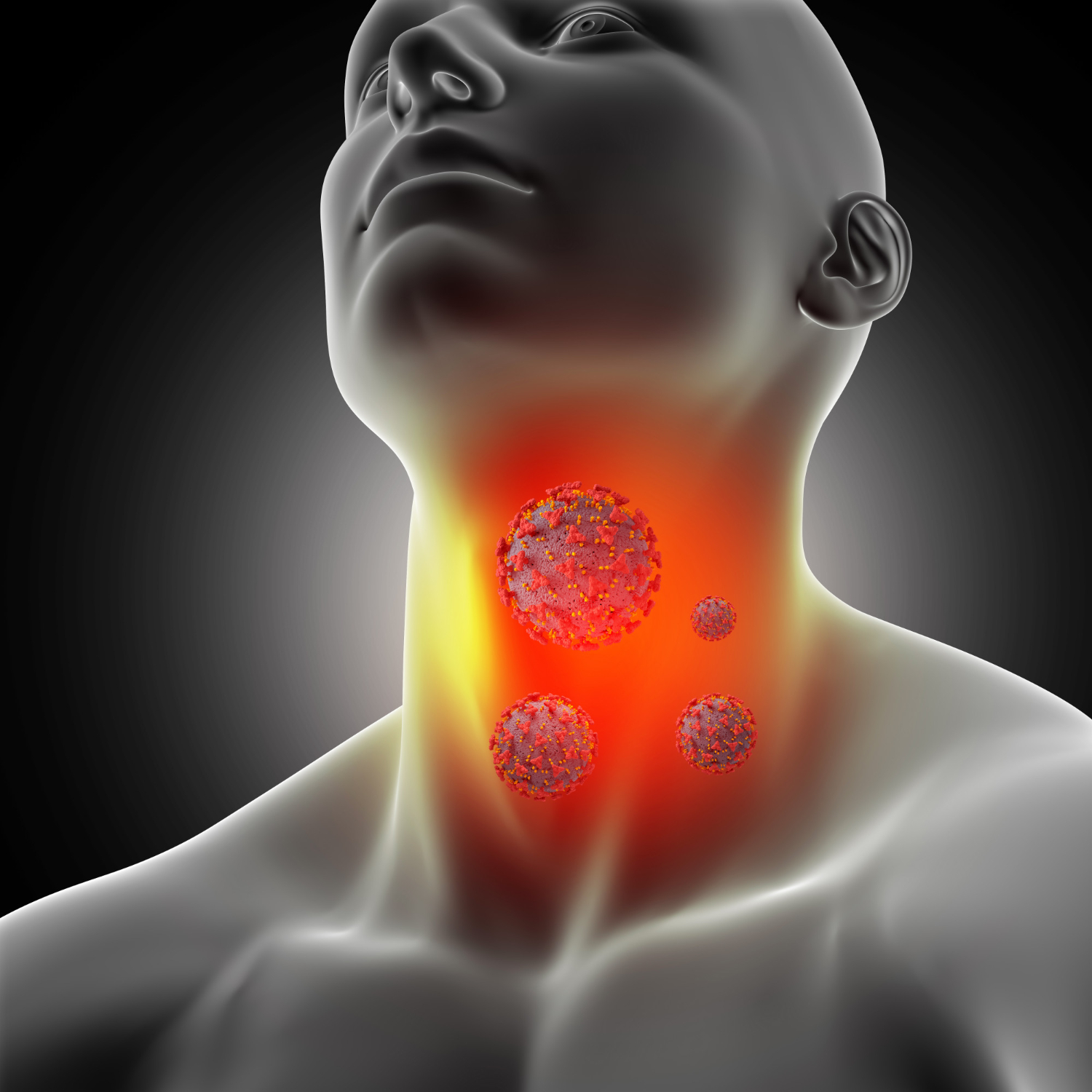There are many different reasons why you might find it harder to swallow than normal. This can be an issue that presents all by itself but can also be indicative of a more serious health concern.
If you suddenly find that you are experiencing this problem, then it is important you get medical help as soon as possible. You might be suffering from dysphagia, which can become quite a complicated health concern. Exploring solutions like Qi Coils may also provide supportive benefits for overall well-being during your recovery.
Assess Your Symptoms
If your swallowing difficulties have progressed to dysphagia, then you will likely be experiencing additional symptoms.
These symptoms might include:
- Unexpected weight loss
- Heartburn
- Coughing when eating
- Choking when eating
- Uncontrollable drooling
- Uncontrollable regurgitation
You might also find that your voice sounds hoarser than it usually does.
If you are experiencing one or more of these symptoms alongside difficulty with swallowing, then you should seek medical attention immediately. Do not delay, as these symptoms can quickly escalate to get much worse.
Diagnosing Your Problem
When you go to visit your doctor about this issue, you should explain your symptoms as accurately as you can. This will help your doctor to quickly reach an accurate diagnosis.
A physical exam will normally be the first step. This will allow your doctor to determine if anything obvious is causing the problem. Further diagnostic tests to get to the root of the problem will then be undertaken to find out the root cause of the issue. These diagnostic tests might include an endoscopy, a manometry, and an x-ray.
Managing Dysphagia
The different options for managing dysphagia vary in success depending on a number of factors.
One of the most effective ways to ease the process of swallowing fluids is to add SimplyThick to the fluids in question. This enhances the consistency of the fluid so that you are able to swallow it with less difficulty.
Patients may also undergo therapy to learn new swallowing techniques. These techniques can help to strengthen the oropharyngeal muscles, which can improve your ability to swallow.
Simple posture modifications while eating can also assist to some degree. It is important to find what works best for you and to stick to your treatment plan as recommended by your doctor.
Treating a Connected Health Concern
If you are suffering from dysphagia because of a primary health concern, then it will also be important to address and treat this. You will likely find that as this condition eases with treatment, your ability to swallow normally slowly returns. However, this is not guaranteed, and your doctor will be able to advise you on managing your expectations.
Common health concerns connected to dysphagia are:
- Mouth cancer
- Esophageal cancer
- Gastroesophageal reflux disease
- Stroke
- Dementia
If you are suffering from any of these conditions, then it is essential for your long-term health that you get a diagnosis right away.
Addressing health concerns can be scary, especially if you do not have much experience of being unwell. However, an early diagnosis is always preferable when considering your outcome, so do not delay in getting help.
